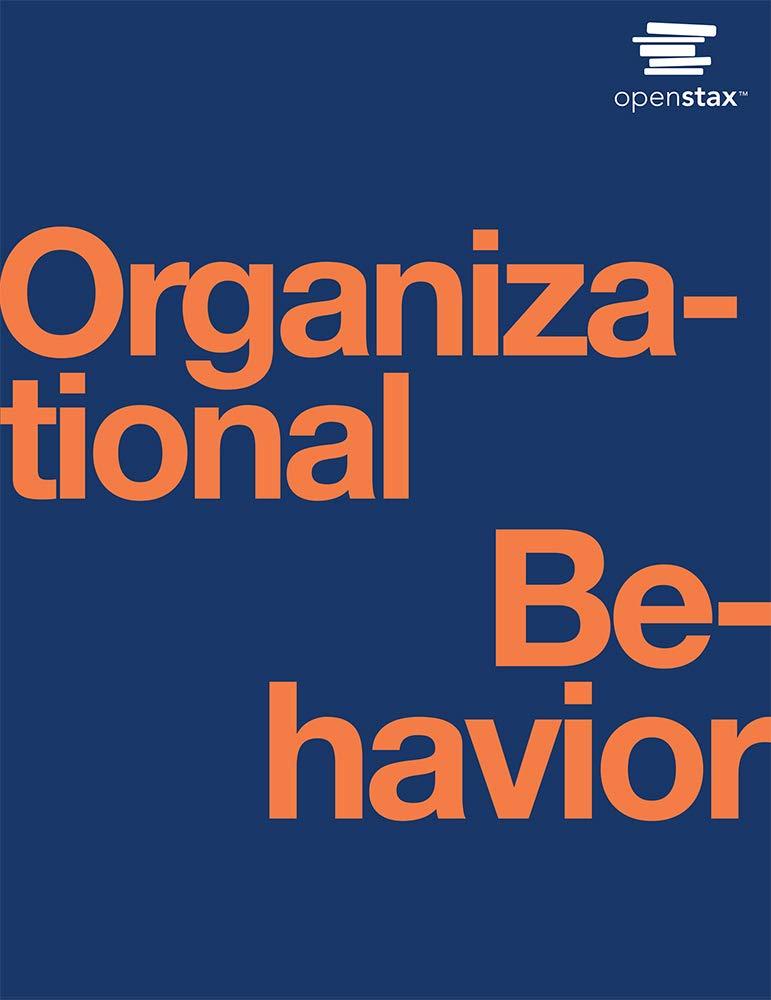Karoshi literally means death from overwork, and unofficial estimates are that as many people die each year
Question:
Karoshi literally means death from overwork, and unofficial estimates are that as many people die each year from karoshi as from traffic accidents in Japan—approximately 10,000. In 2016, the legal claims of karoshi rose to a record high of 1,456 according to government figures. Additionally, just under 2,000 suicides linked to work-related causes were reported. In October 2017, the latest employee death that shook the media was 31-year-old journalist Miwa Sado, and before that 24-year-old Matsui Takahashi, an employee working at Dentsu advertising agency, leapt from the roof on Christmas Day 2015.
These incidents are just two of many that occur more frequently in Japan due to the culture of overtime and stress within the work environment. Each of these women logged over 100 hours of overtime over the course of one month. Often the causes of death include heart failure, stroke, and suicide due to the stress, lack of sleep, and sleep deprivation that is caused by being overworked. Takahashi posted on Twitter, “It’s 4 a.m. My body’s trembling, I’m going to die. I’m so tired.” Soon after her death, the president of Dentsu resigned from his post.
Many reports suggest that performance reviews are marked negatively for those that don’t work lots of overtime, while others suggest employees must strive to make good impressions on their bosses, and staying late or working extra is perceived as loyalty to their jobs and companies.
The Japanese government has taken strides since the two incidents to implement policies to help to combat karoshi for good. One attempt implemented in 2016 is A Premium Friday plan, where Japanese workers are allowed the chance to leave at 3 p.m. on the last Friday of each month. This has only made some employees busier because some companies have organized their monthly finances to hit sales goals before the end of the month. Little success has been seen from this initiative. One Tokyo-best IT Service company forced employees to wear purple capes on the third Wednesday of the month if they worked late, which was a very bold and visual tactic to showcase the “working late is not cool” vibe. This shaming tactic worked, decreasing the overtime worked by 50 percent. Some companies have implemented individual changes such as breakfast offerings and allowing time off as needed.
Changing the Japanese work culture will take time. Although these small changes have not made a large impact yet, the discussion is widening, and workplaces are becoming more aware of the need for drastic changes in policy to counteract the growing issue of stress in the workplace.
Questions:
1. What measures can a manager take in order to counteract the stress-related issues within the work environment?
2. What considerations should a manager take before implementing changes to a work environment and policies when managing a global team?
3. What environmental and cultural factors can affect an employee’s work ethic and their level of stress in their workday?
Step by Step Answer:






